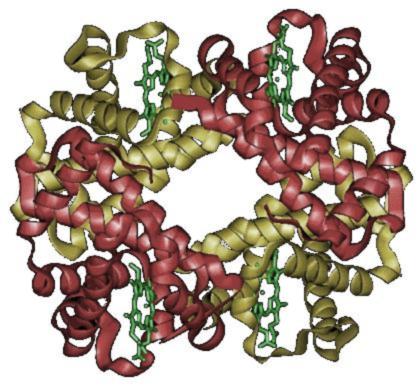Blood proteins
Editor-In-Chief: C. Michael Gibson, M.S., M.D. [1]
|
WikiDoc Resources for Blood proteins |
|
Articles |
|---|
|
Most recent articles on Blood proteins Most cited articles on Blood proteins |
|
Media |
|
Powerpoint slides on Blood proteins |
|
Evidence Based Medicine |
|
Clinical Trials |
|
Ongoing Trials on Blood proteins at Clinical Trials.gov Trial results on Blood proteins Clinical Trials on Blood proteins at Google
|
|
Guidelines / Policies / Govt |
|
US National Guidelines Clearinghouse on Blood proteins NICE Guidance on Blood proteins
|
|
Books |
|
News |
|
Commentary |
|
Definitions |
|
Patient Resources / Community |
|
Patient resources on Blood proteins Discussion groups on Blood proteins Patient Handouts on Blood proteins Directions to Hospitals Treating Blood proteins Risk calculators and risk factors for Blood proteins
|
|
Healthcare Provider Resources |
|
Causes & Risk Factors for Blood proteins |
|
Continuing Medical Education (CME) |
|
International |
|
|
|
Business |
|
Experimental / Informatics |
Blood proteins, also called serum proteins, are proteins found in blood plasma. They serve many different functions including circulatory transport molecules for lipids, hormones, vitamins and metals. They also serve as enzymes, complement components, protease inhibitors, and kininn precursors. Serum proteins play an important role in the regulation of acellular activity and functioning and in the immune system. Separating serum proteins by electrophoresis is a valuable diagnostic tool as well as a way to monitor clinical progress.
Types of blood proteins:

- Albumins- Normal level 3.5-5.0g/dl
- Globulins
- Fibrinogens - Normal level 200-450mg/dl
- Regulatory
All the plasma proteins are synthesized in liver except gamma globulins. Globulins are of three types- alpha,beta and gamma.
- alpha1-antiproteinase
- alpha2-macroglobulin
Other types of blood proteins include:
1) Lipoproteins (chylomicrons, VLDL, LDL, HDL)
2) Transferrin
3) Prothrombin
60% of plasma proteins are made up of the protein albumin, which are major contributors to osmotic pressure of plasma which assists in the transport of lipids and steroid hormones. Globulins make up 35% of plasma proteins and are used in the transport of ions, hormones and lipids assisting in immune function. 4% is fibrinogen and this is essential in the clotting of blood and can be converted into insoluble fibrin. Regulatory proteins which make up less than 1% of plasma proteins are proteins such as enzymes, proenzymes and hormones. Current research regarding blood plasma proteins is centered on performing proteomics analyses of serum/plasma in the search for biomarkers. These efforts started with two-dimensional gel electrophoresis[1] efforts in the 1970s and in more recent times this research has been performed using LC-tandem MS[2][3] based proteomics.
References
- ↑ Anderson NL and Anderson NG (1977). "High Resolution Two-Dimensional Electrophoresis of Human Plasma Proteins". Proceeding of the National Academy of Sciences. 74: 5421–5425. PMID 271964.
- ↑ Adkins JN; et al. (2002). "Toward a human blood serum proteome: analysis by multidimensional separation coupled with mass spectrometry". Molecular and Cellular Proteomics. 1: 947–955. PMID 12543931.
- ↑ Jacobs JM; et al. (2005). "Utilizing human blood plasma for proteomic biomarker discovery". Journal of Proteome Research. 4: 1073–1085. PMID 16083256.